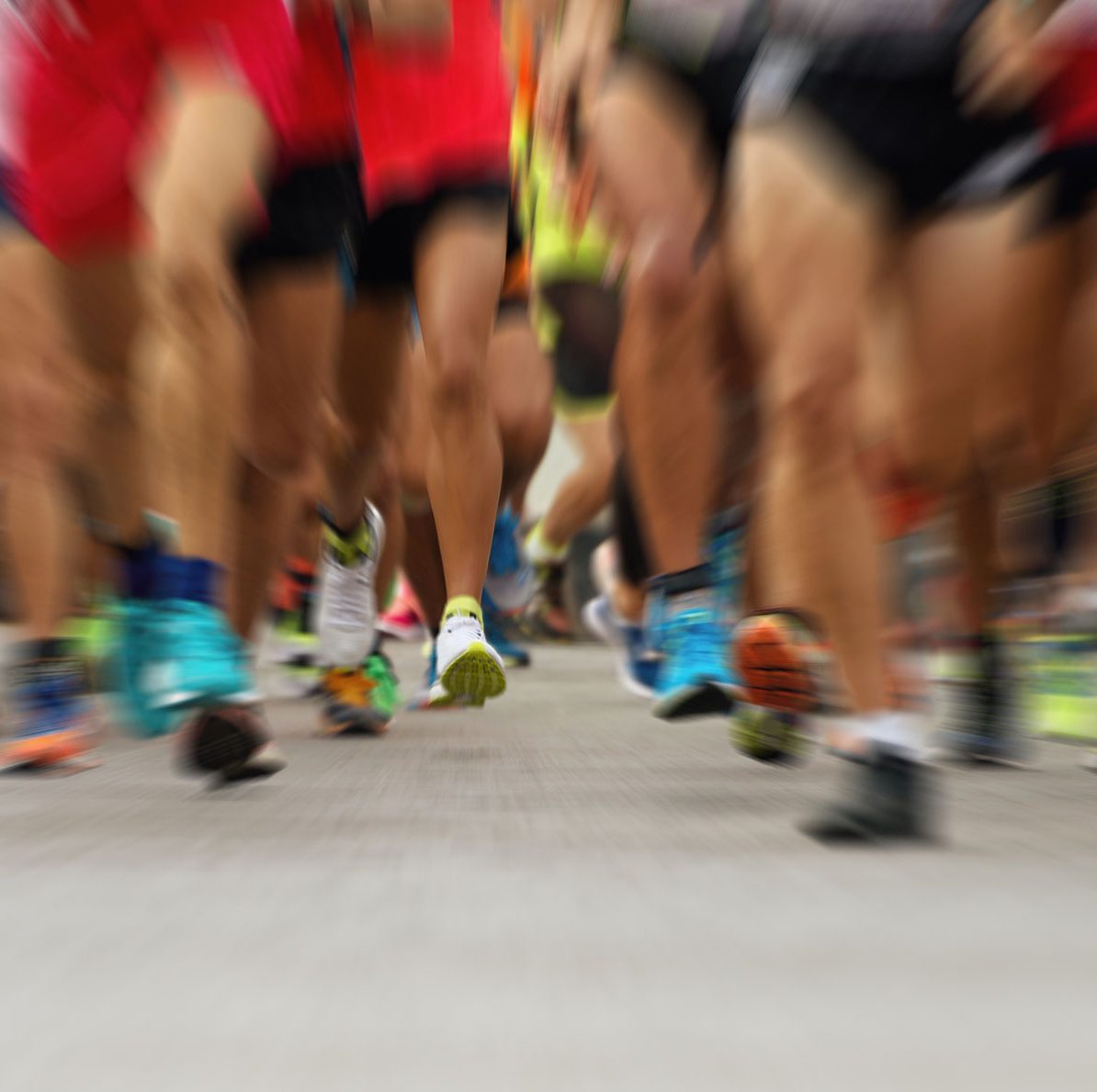<< Back
Researcher: Statins for Cholesterol Do Not Hurt Athletic Performance

August 28, 2020
Research by a Hartford HealthCare Heart & Vascular Institute specialist shows no evidence that statins, a medication used to lower dangerous level of lipids in the bloodstream and prevent heart attacks, hinder athletic performance.
Dr. Paul Thompson, chief emeritus of cardiology at Hartford Hospital, recently presented the findings to the American Society for Preventive Cardiology Congress on CVD (Cardiovascular Disease) Prevention. Athletes needing medication to lower lipid levels, he suggested, can take low doses of long-acting statins (rosuvastatin, atorvastatin or pitavastatin) as well as the medication ezetimibe twice weekly without suffering a reduced performance.
“We think, overall, that careful clinical studies show no evidence [statins harm exercise performance] in humans,” he said.
This revelation comes despite the fact that statin use is tied to increased exercise-related muscle injury and reduced training response in athletes. Researchers assessing data from 22 professional athletes with lipid receptor defects found that just six could tolerate statins despite multiple attempts.
Another study published in Cardiovascular Drugs and Therapy noted that 10.5 percent of people on statins reported muscular symptoms. Of those, 14.7 percent who exercised or played sports intensely reported symptoms compared with 10.8 percent who participated in leisurely activities.
Many patients on statin therapy report feeling weak, but, until Dr. Thompson’s work, there had been few studies examining the effect on exercise performance or muscle strength. Dr. Thompson reported that statins are often wrongly blamed for increases in the body’s level of creatinine kinase, an enzyme in the heart that is linked to heart attacks, caused by exercise.
“Many of the increases clinicians attribute to statins are really due to – or at least exacerbated by – physical exercise,” he explained.
In fact, research he published in 1997 compared increased levels of creatinine kinase the day after downhill walking in patients prescribed the statin lovastatin or a placebo. Those assigned lovastatin had almost double the level of creatinine kinase compared with those assigned the placebo.
“Downhill exercise, like running the downhill Boston Marathon course, causes more muscle injury,” Dr. Thompson said.
This was also demonstrated in a 2012 study published in The American Journal of Cardiology, in which patients taking statins had significantly higher levels of creatinine kinase compared with controls the day after running the Boston Marathon.
“This study suggests that exercise training response is really almost eliminated by statin treatment, and it seems to be related to mitochondrial function,” Dr. Thompson said.
The research team also assessed the effect of stopping statins on exercise performance in active patients, determining that stopping for one month did not affect peak oxygen consumption.